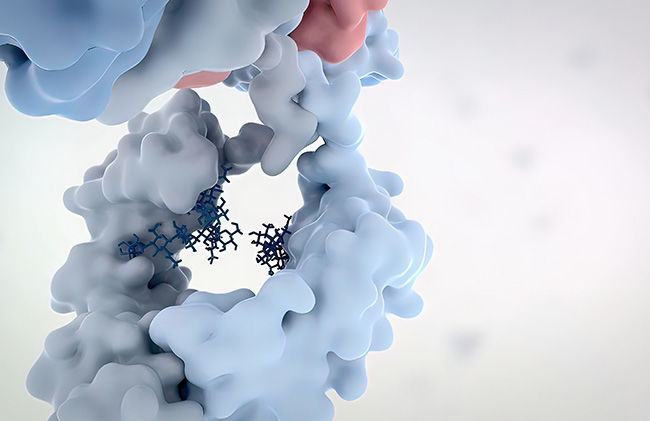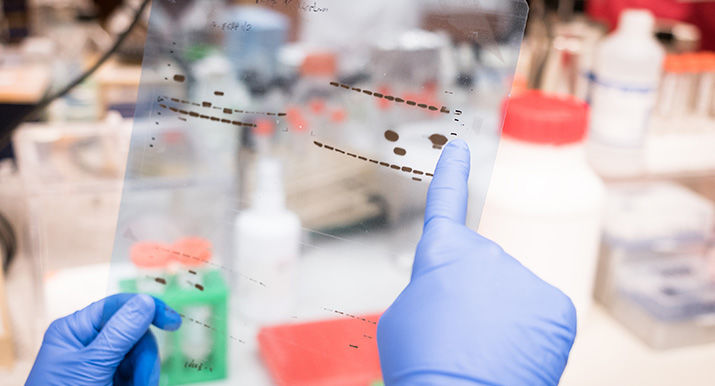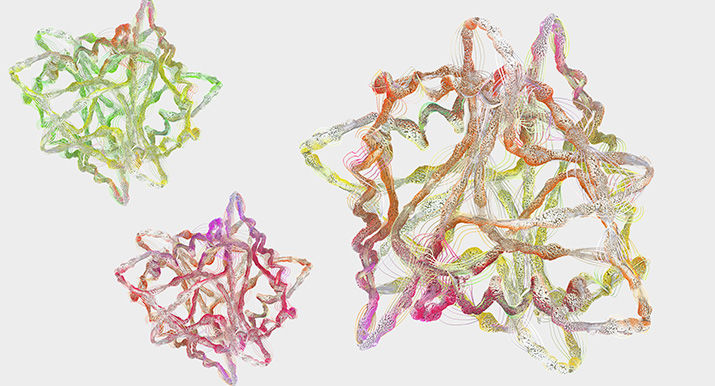
- Home
- Services
Reliable and Comprehensive PTM Analysis
Post-translational modifications (PTMs) add a layer of complexity to the proteome by adding biochemical moieties to specific residues of proteins. To date, more than 600 types of PTMs have been identified. They are crucial for the normal functioning of the cells, and each modification has multiple effects on the proteins, involving their structure, function, and localization. PTMs also play key roles in a wide range of biological regulatory mechanisms, such as signaling pathways, protein-protein interactions, DNA damage response, and metabolic pathways.


Mass spectrometry (MS)-based methods are currently the gold standard and most informative technique for the analysis of proteins and their PTM. Based on effective protein/peptide enrichment strategies, advanced MS instrumentation, and proteomics technologies, Creative Proteomics can help our global customers to perform fast and reliable deep protein PTM profiling.
Read moreOur PTM proteomics analysis platform has a team of experts and state-of-the-art equipment to help you navigate successful research projects through strong workflow, robust analysis, and tailored services.

MS-based proteomics is the method of choice for studying proteins and their PTMs. This sensitive technique allows not only the identification of previously unknown modification patterns but also the simultaneous determination of multiple isoforms of one protein with different modifications. To achieve a qualitative and quantitative analysis of various PTM, we mainly use MS-based proteomics methods, including bottom-up, middle-down, and top-down proteomics.
To simplify the analysis of complex PTM data and to improve our clients' understanding of various PTMs in different organisms, Creative Proteomics offers PTM bioinformatics analysis services. Our bioinformatics team has done a lot of work on the identification of PTM results and has developed our own platform for quality control, data processing, and analysis.

PTMs have been shown to have a range of cellular functions, and each modification has multiple effects on protein structure and function involving protein signaling, activity, stability, metabolism, and localization. PTMs also play key roles in a wide range of biological regulatory mechanisms, such as signaling pathways, protein-protein interactions, DNA damage response, and metabolic pathways. Therefore, the dysregulation in PTMs can lead to a variety of diseases, including diabetes, cardiovascular disease, neurological disorders, and different cancers.